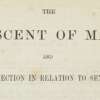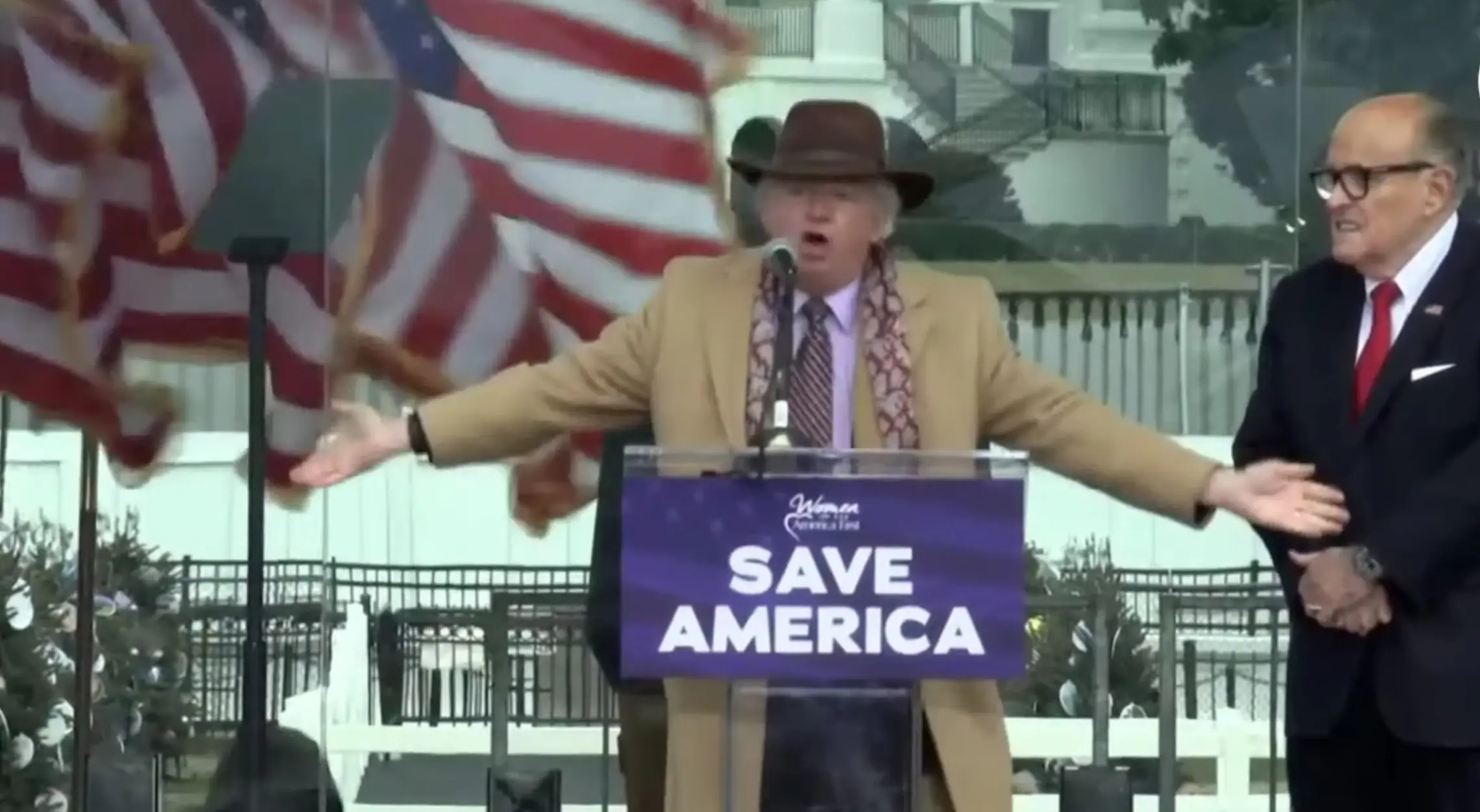New Era Colorado, a nonprofit political advocacy group, has once again demanded that the University of Colorado Boulder close its Bruce D. Benson Center for the Study of Western Civilization — a bastion of conservative thought at the school that’s become notorious for some of the controversial scholars it’s employed.
The group’s latest demand comes in the wake of testimony from the recent Jan. 6 committee hearings, which revealed that conservative lawyer John Eastman — a former Visiting Scholar in Conservative Thought and Policy at the Benson Center — played a crucial role not only in aiding former President Donald Trump’s efforts to overturn his loss in the 2020 election and spreading disinformation but also in stoking the insurrection at the Capitol in Washington, D.C.
Eastman’s efforts to undermine a democratic election “permanently tarnished the reputation of CU and calls into question the purpose of the center itself,” according to a press release from New Era Colorado.
In April, New Era Colorado launched a petition calling on CU Boulder to close the Benson Center on the grounds that the center “promotes white supremacy culture.”
Kate Kelly, the Northern regional field manager with New Era Colorado and an organizer of the petition, told the Colorado Times Recorder that although Eastman’s participation in the Jan. 6 insurrection is a key reason for New Era’s campaign to close the Benson Center, Eastman was only one of numerous visiting scholars who have “spread hateful speech with white supremacist and antidemocratic values” during their tenure at CU.
“It was an issue before John Eastman, it was an issue with John Eastman, and it’s been an issue after John Eastman,” Kelly said. “This is a trend that we need to stop. The Benson Center needs to close its doors to prevent causing any more harm to our community and the integrity of the people there.”
According to Kelly, the petition has gained traction among CU students, faculty and community members since it began circulating. Kelly said New Era has collected nearly 500 signatures so far.
“I’d say we’ve had a good turnout so far for the petition in the time span that we’ve had,” said Kelly. “A lot of the conversations we’ve had with people, they’re shocked that this institution is on their campus and that CU is allowing these visiting scholars to come in [with] the disinformation they’re spreading.”
Kelly noted that the Benson Center’s inaugural visiting scholar, Steven Hayward, penned a 2013 blog post in which he disparaged the LGBTQ community, calling it “LGBTQRSTUW (or whatever letters have been added lately),” and wrote that the “sense of discomfort in the room over the gender-self-identification whim-wham was palpable” at a CU faculty orientation he attended.
CU Student Government representatives condemned Hayward’s remarks in an op-ed for the Colorado Daily, saying they “invalidate the lived realities of transgender individuals and mock the LGBTQ community as a whole.”
The Daily Camera also reported that Paul Chinow, then-chairman of the Boulder Faculty Assembly at CU, believed Hayward’s blog post “bordered on hate speech.”
Meanwhile, a Colorado Newsline op-ed revealed that the Benson Center’s current visiting scholar, Alan Kahan, published a research paper defending former Trump strategist Steve Bannon — a known supporter of far-right and authoritarian leaders — from accusations of fascism.
Kahan was appointed as the Benson Center’s visiting scholar in 2021, and he has been invited to return for the 2022-2023 school year.
The Denver Post editorial board and others have also called on CU to shut down the Benson Center, which receives some of its funding from taxpayer dollars.
CU Chancellor Philip DiStefano, however, has continued to defend the Benson Center, writing in an op-ed for The Post that Eastman’s actions were not reason enough to close the center.
“We should be careful not to conflate Eastman and the Benson Center, and I disagree with those who suggest that CU Boulder dissolve it,” DiStefano wrote. “The Benson Center fosters debate across a wide range of social issues, offers a diversity of viewpoints and brings new voices to our campus conversations.”




